UNSC demands end to Sudan ‘El Fasher siege’
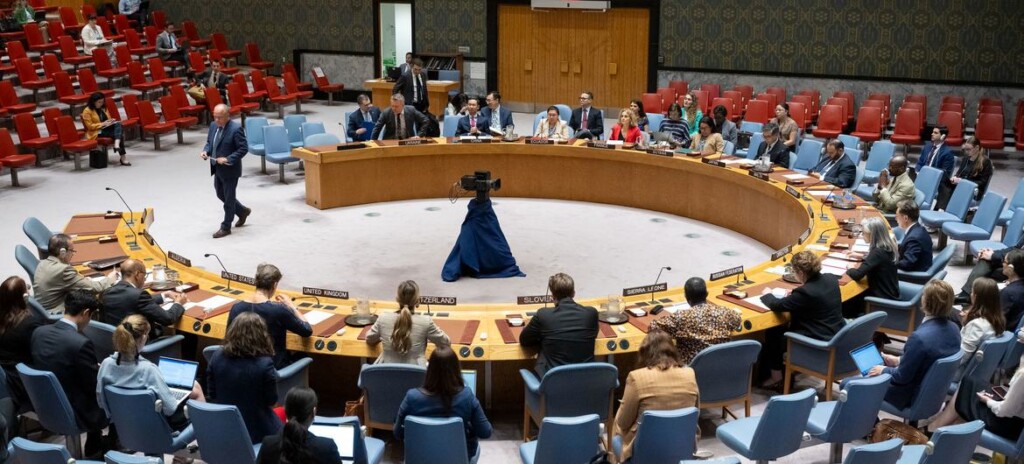
UN Security Council members meet to discuss situation in Sudan yesterday (Photo: UN Photo/Manuel Elías)
The UN Security Council adopted a British-drafted resolution yesterday, demanding that the paramilitary Rapid Support Forces (RSF) cease its blockade on El Fasher, the capital of North Darfur. The resolution, which was voted on in their New York headquarters, was supported by 14 members with Russia abstaining. UNSC members renewed their calls for an immediate cessation of hostilities, de-escalation, and the withdrawal of all belligerents threatening civilian safety in El Fasher.
The resolution, submitted by the UK, emphasises the protection of civilians, urging all parties to allow safe passage for those seeking to move to safer areas. It underscores the need to adhere to international humanitarian law and requests further recommendations from the UN Secretary-General, in consultation with Sudanese authorities and regional stakeholders, for civilian protection in Sudan.
UNSC also called for the full implementation of the Jeddah Declaration on the Commitment to Protect Civilians in Sudan. It urges all conflict parties to facilitate the unhindered delivery of humanitarian relief to those in need. The resolution also highlights the measures already taken by Sudanese authorities and encourages further cooperation with UN agencies and humanitarian organisations.
Additionally, the resolution requests the reopening of Chad’s Adré-West Darfur crossing, to deliver humanitarian aid and stresses the importance of withdrawing fighters to enable agricultural activities, crucial to averting famine.
Int’l responses
UK Ambassador Barbara Woodward stated that the resolution sends a clear message that the Security Council demands an immediate end to the ‘Siege of El Fasher’. She emphasised the catastrophic consequences of continued attacks on the city, which houses 1.5 million refugees. Woodward noted the UK’s commitment to securing a local ceasefire around El Fasher and supporting broader de-escalation efforts across Sudan.
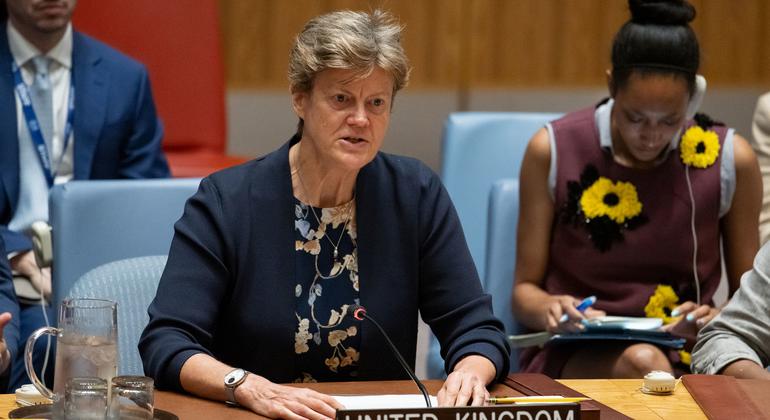
“We tabled this resolution to help secure a localised ceasefire around El Fasher and create the wider conditions to support de-escalation across the country and, ultimately, save lives,” Woodward explained.
The warring sides were also requested to “allow and facilitate the rapid, safe, unhindered and sustained passage of humanitarian relief for civilians in need, including by removing bureaucratic and other impediments.”
“This brutal and unjust conflict needs to end. Today’s resolution shows the Council remains committed to supporting efforts for peace in Sudan.”
British Representative to the United Nations, Ambassador Barbara Woodward
Woodward highlighted that the resolution calls for the Sudanese authorities to increase cooperation with UN agencies and to urgently reopen the Adré border to scale-up humanitarian assistance.
“In this regard, the resolution urges the international community to increase their support and fulfill existing pledges,” she noted.
US Representative to the United Nations, Ambassador Linda Thomas-Greenfield, emphasised the urgency of the situation, stating, “Today, we came together to demand the Rapid Support Forces halt its siege of, and violence against, the people of El Fasher.” She called for “an immediate de-escalation of military operations in and around the city.”
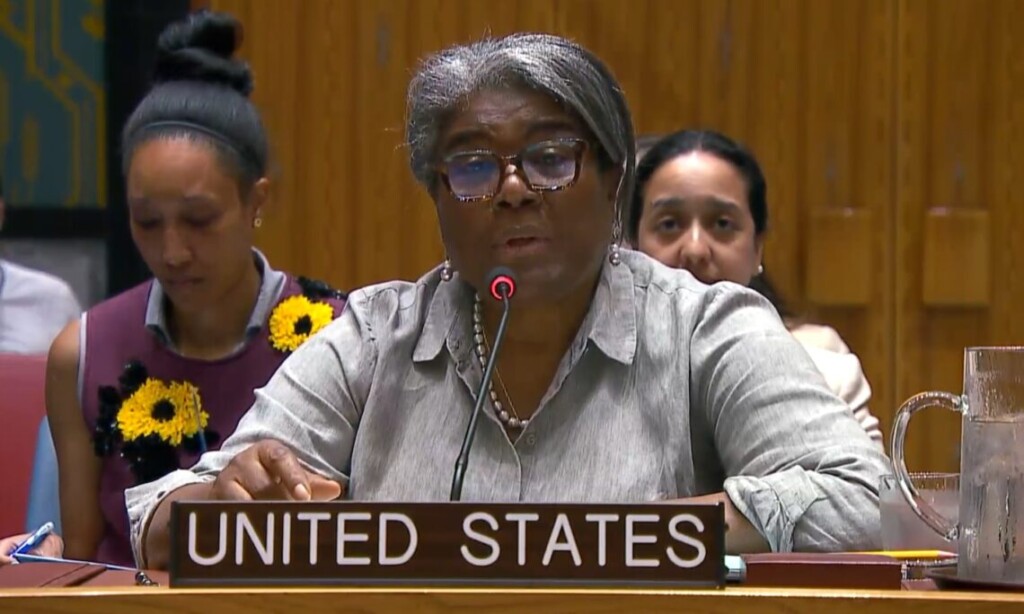
Expressing gratitude towards the UK’s efforts, she said, “I want to take this opportunity to thank the United Kingdom, as the penholder, for getting this across the finish line.”
Thomas-Greenfield painted a grim picture of the current situation, noting, “The people of El Fasher are trapped. They’re surrounded by heavily armed RSF.”
“Food, water, medicine, and other essentials are drying up. Famine is setting in. And the threat of further violence, including a large-scale massacre, looms large.”
US Representative to the United Nations, Ambassador Linda Thomas-Greenfield
The US representative urged vigilance and continued diplomatic efforts, concluding, “We will be watching closely. And if the situation on the ground does not change for the better, this Council must take further action.”
Russia’s abstention
Russian representative Anna Evstigneeva explained their decision to abstain from the vote on the UK-proposed draft UNSC resolution concerning the situation around El Fasher. “The text itself is at odds with the reality on the ground and ignores principled comments from the Sudanese themselves.”
Additionally, she stated, “It is difficult to determine what exactly this resolution really aims to achieve, apart from the obvious desire to keep the UN’s eye on the situation and to promote decisions that are questionable from the point of view of respect for the sovereignty and unity of the country.”
Evstigneeva emphasised that any attempt to create artificial exceptions to this fundamental principle , or to delegate authority to a non-State actor, constitutes a blatant violation of Sudan’s sovereignty and territorial integrity.
The Russian ambassador noted that instead of “artificially instrumentalising the topic of famine,” certain states should focus on cooperating with Sudanese authorities to address food issues and support agriculture.







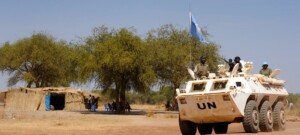

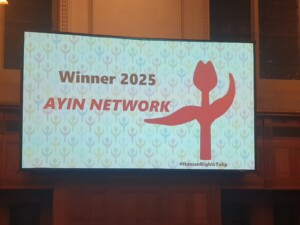

 and then
and then